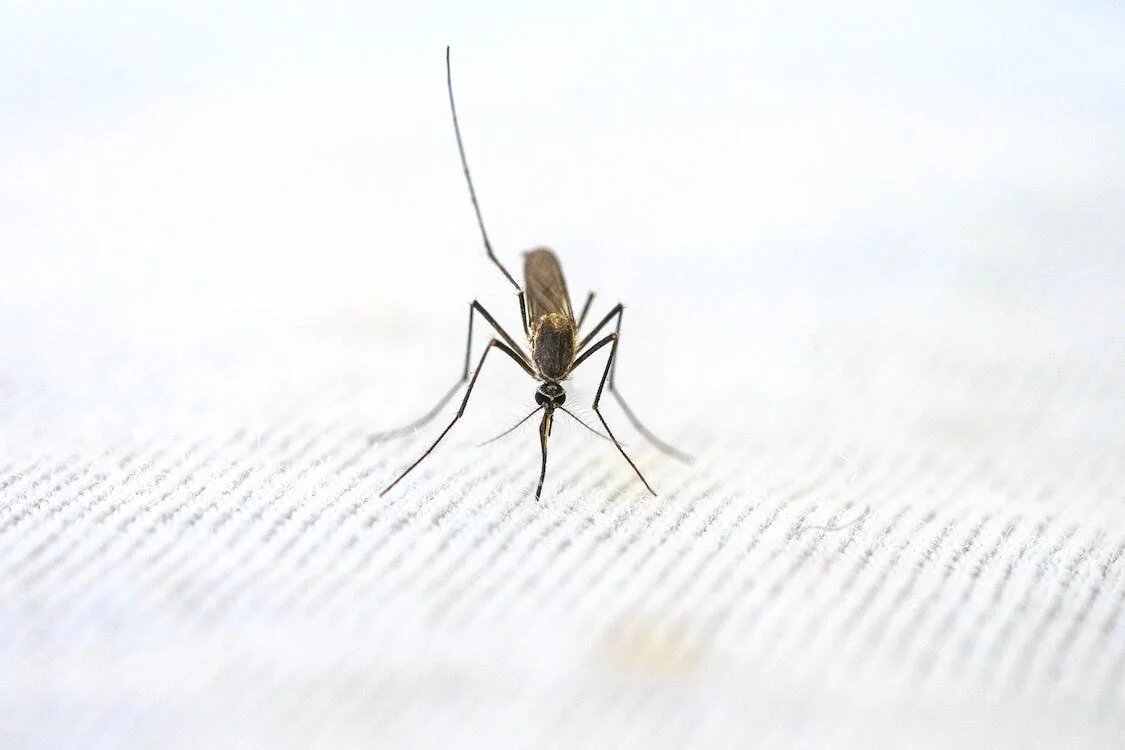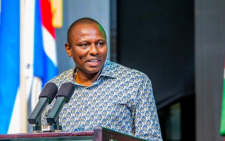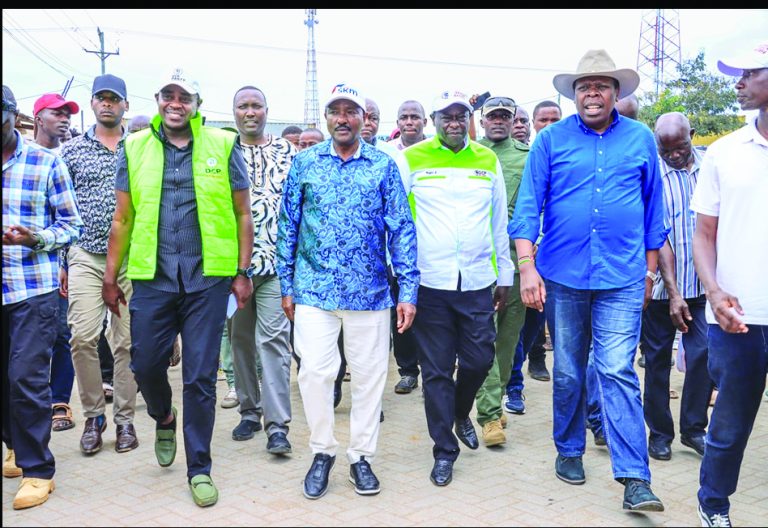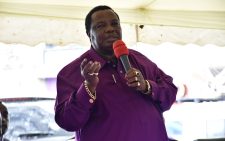Trump takeover to usher in major shifts in US-Kenya ties

As Donald Trump prepares to assume office as the 47th president of the United States on January 20, Africa and Kenya — like much of the world — stand at a crossroads, uncertain of what his administration will bring.
Trump’s election, marked by the rhetoric of isolationism, “America First” policies, and controversial stances on global issues, has sparked apprehension and speculation globally.
For Kenya and Africa, his presidency could usher in significant shifts in diplomacy, trade, security, and development aid. Whether these changes will ultimately benefit or harm the region remains to be seen, but the signs are worth scrutinizing.
The United States has long been a critical partner to Africa, offering aid, security support, and opportunities for trade under bipartisan leadership.
Programmes such as the President’s Emergency Plan for AIDS Relief (PEPFAR), initiated under President George W. Bush, and Power Africa, championed by President Barack Obama, have shaped Africa’s development trajectory in health and energy sectors, respectively.
These initiatives have demonstrated how sustained American engagement can positively impact millions of lives across the continent.
However, Trump’s track record and campaign rhetoric suggest a potential pivot. His administration’s likely emphasis on cutting foreign aid, coupled with his apparent disinterest in multilateral cooperation, poses a threat to ongoing initiatives.
Trump has repeatedly questioned the value of foreign aid, framing it as a drain on American resources. Should his administration follow through on significant aid cuts, Africa’s health, education, and infrastructure programmes — many of which are heavily reliant on US funding — could face devastating setbacks.
For Kenya, which receives substantial US support for HIV treatment and counterterrorism efforts, such cuts would be particularly alarming.
The African Growth and Opportunity Act (AGOA), which provides African nations with duty-free access to the US market for select goods, has been a cornerstone of US-Africa trade relations.
Kenya has been a primary beneficiary, particularly in textiles and apparel exports. Trump’s protectionist stance on trade and his preference for bilateral over multilateral agreements raise questions about AGOA’s future. While the programme is legislated to run until 2025, its renewal or expansion under Trump’s presidency is far from guaranteed.
If Trump prioritises renegotiating trade deals to favour the US, African nations could find themselves squeezed out of lucrative markets.
For Kenya, which is striving to diversify its export base and reduce reliance on raw materials, any disruption to AGOA would hinder economic growth and job creation in key sectors.
On the flip side, Trump’s focus on bilateral deals could offer Kenya and other African nations an opportunity to negotiate tailored agreements that address specific needs — if they can muster the negotiating power to engage on equal footing.
Kenya’s role as a regional security hub and its strategic location in the fight against terrorism has made it a key ally of the US in East Africa. American support for Kenya’s counterterrorism efforts, particularly against Al-Shabaab, has been instrumental in maintaining regional stability.
Trump’s hawkish stance on terrorism suggests that this partnership might endure, but the approach could shift dramatically.
Trump’s prioritisation of short-term military solutions over long-term investments in governance and development could exacerbate instability.
His rhetoric often lacks nuance in addressing the root causes of terrorism, such as poverty, marginalisation, and poor governance—factors that are deeply entrenched in many parts of Africa.
Kenya’s own experience with radicalisation in marginalised areas like the Coast and northeastern regions underscores the need for a comprehensive approach that extends beyond military force.
— The writer is a Communication Consultant-














